You can only stay awake for so long. After a while, your body will demand for sleep. Sleep isn’t just a form of rest and relaxation but has restorative properties as well. Many important body processes take place during our slumber and it likewise recharges our body in preparation for what lies ahead the following day. However, it isn’t that easy drifting off to dreamland in our modern world. There are numerous technology enabled distractions that keep us wide awake at night. They emit dangerous blue light that messes up with your body’s circadian rhythm or body clock. It becomes an endless cycle of sleeplessness that deteriorates your overall health over time.
 You search for the solution far and wide and when there is one that is recommended by experts just the same, that hits home. Well, it shouldn’t be a problem for you if you are a married person or living together with someone. The truth is, having sex promotes better sleep health. No wonder couples feel drowsy and sleepy after making love. In a nutshell, sex is helpful in making you feel relaxed, well-rested, and yes, sleep better right after doing the deed. The high levels of oxytocin released during sex reduce cortisol levels, thereby making you feel deeply relaxed.
You search for the solution far and wide and when there is one that is recommended by experts just the same, that hits home. Well, it shouldn’t be a problem for you if you are a married person or living together with someone. The truth is, having sex promotes better sleep health. No wonder couples feel drowsy and sleepy after making love. In a nutshell, sex is helpful in making you feel relaxed, well-rested, and yes, sleep better right after doing the deed. The high levels of oxytocin released during sex reduce cortisol levels, thereby making you feel deeply relaxed.
Not sleeping enough? Try having more sex. Not in the mood to get it on? You may need more sleep.
Two separate, recent studies have revealed the interdependent relationship between sex and sleep. The first study revealed that college students who slept more had increased greater rates of sexual activity the next day.
The second study was conducted among women 50 and older, with participants who slept more than seven hours having more sex than those who slept less than seven hours per night.
How do the two help each other? First of all, hormones are released after sex, as chemicals such as oxytocin and prolactin make you feel comfortable and sleepy while also decreasing cortisol, your stress hormone. It is easier to fall asleep in this relaxed state.
(Via: https://www.pastemagazine.com/articles/2017/06/sex-and-sleep-are-interdependent-shocker.html)
Both sexes may actually feel sleepy after having sex but it differs slightly if you are a man or a woman. Women tend to sleep more deeply soon after because of the rise of estrogen levels. Meanwhile, men feel just as drowsy due to the secretion of the prolactin hormone during sex. Moreover, it is easier to fall sleep when you are relaxed, which is often the case once you climax.
But the reverse appears to be true, too: Another recent study that looked at sleep and sex in college students found that for those in romantic relationships, every extra hour they slept corresponded to higher sexual desire, greater vaginal lubrication and a 14% increase in the chances of getting frisky the next day. That’s probably because a good night’s sleep leaves us feeling refreshed, relaxed and energetic — all important for feeling sexy.
“This type of research builds on previous research demonstrating that lifestyle behaviors influence people’s sexual lives,” said Debby Herbenick, associate professor at Indiana University and president of the American Association of Sexuality Educators, Counselors, and Therapists.
Eating, exercise and stress levels can also influence sexual behavior, sexual desire and interest in sex. But sleep is one of the big categories, largely in our control. “Dr. Alfred Kinsey noted this many years ago in his books, and more recent research supports it,” Herbenick explained.
Sex and sleep are also similar in more ways. You sleep and have sex better if the sheets are clean, the bed is made, and the room is tidy. Aside from that, taking care of your hygiene is likewise a big factor. Sleep will elude you if you feel sticky from work. Your spouse will also pass on sex if you don’t take good care of yourself. Limit distractions whenever possible. While we often think of sex as a spur of the moment reaction, it can also be planned trysts where both partners agree on a set time and date and do the necessary preparation to make that moment memorable and worth their time. But since we need sleep daily, we need to make an extra effort to establish a daily routine where our body will recognize when it’s time for sleep or not.
However, if you’re sex life is great but sleep is still an issue, then you have a bigger problem in your midst. Better get yourself checked and treated before it gets worse. It can be sleep apnea that is hard to manage but undeniably deadly especially if you have pre-existing cardiac conditions. CPAP is actually the treatment of choice but you’ll know here https://snoringmouthpiecereview.org/why-a-cpap-machine-is-probably-not-for-you why it has a low compliance rate. A more convenient alternative to use yet just as effective is an anti-snoring mouthpiece like https://snoringmouthpiecereview.org/good-morning-snore-solution You won’t lose sleep anymore and have the energy for more sex in your life too. It’s the win-win situation you are looking for.

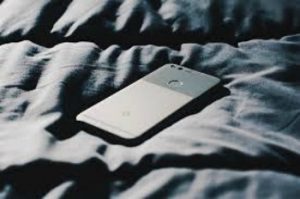

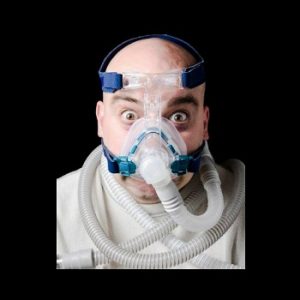
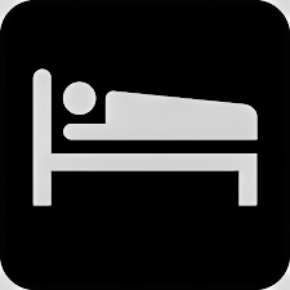
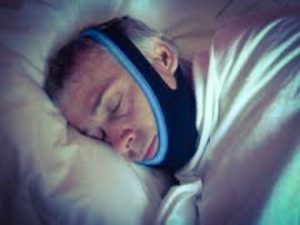
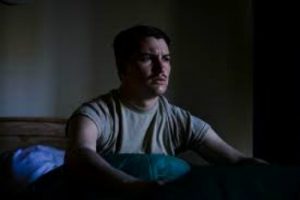
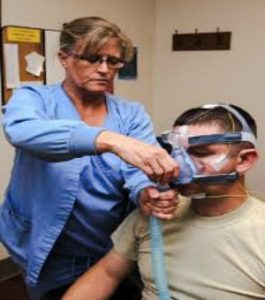
 Now, there is also technology that fights for your attention aside from your daily chores and pursuits. Back in the days, we had nothing left to do once the lights go out. But today, we can still stay awake for hours at night because our smartphone gives us access to the World Wide Web and our social media accounts where we live our virtual life. But if technology gets in the way of your sleep, is still there something you can do about this or is this now the plight of the modern human?
Now, there is also technology that fights for your attention aside from your daily chores and pursuits. Back in the days, we had nothing left to do once the lights go out. But today, we can still stay awake for hours at night because our smartphone gives us access to the World Wide Web and our social media accounts where we live our virtual life. But if technology gets in the way of your sleep, is still there something you can do about this or is this now the plight of the modern human?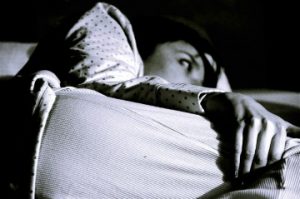 However, there are instances when going to sleep is easier said than done. Aside from
However, there are instances when going to sleep is easier said than done. Aside from